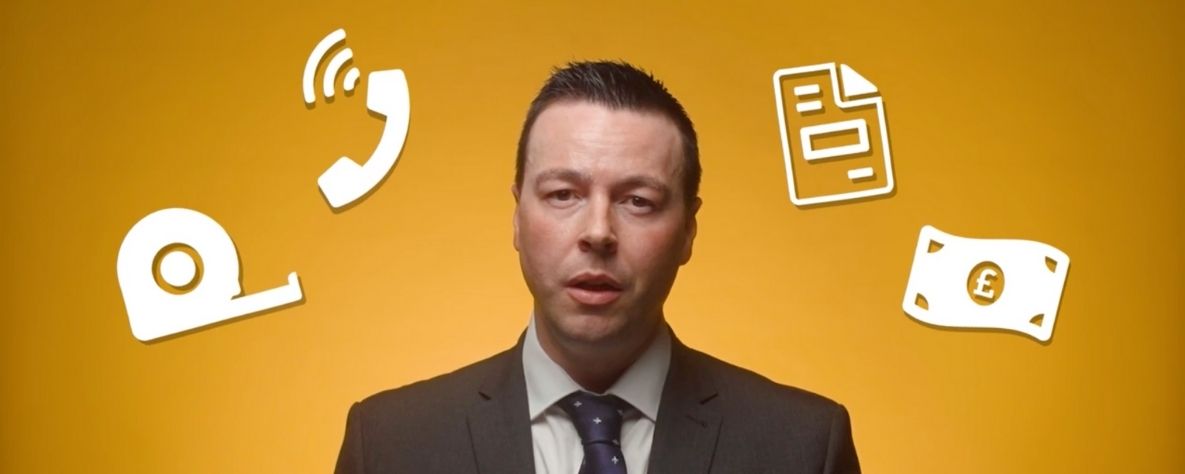
Improve your prospects, improve your Maths and English
Coleg Gwent takes maths and English development very seriously. We recognise that good maths and English are vital assets in today’s job market, as well as everyday life.
Most employers and universities look for applicants with GSCE Maths and English Grades A* to C and, if you don’t have these qualifications, chances are you’ll be more likely to be unemployed for longer. So if you didn’t get the grades you need in GCSE Maths and English for the future you want, we can give you a second chance to improve them alongside your course, as well as help you achieve the level you need to:
- Improve your employment prospects
- Expand your career opportunities
- Potentially earn more money in the future
As a full time learner at the College, maths and English will be a part of your learning programme, where we will support you to gain the maths and English qualifications that are needed for your course progression, employers and university. If you did not achieve a grade C, or above, in your maths and English Language at GCSE, you will continue to study these subjects at College. Dependant on your attainment, this will either be GCSE re-examination, or Essential Skills. If you do achieve a grade C, or above in these subjects, you will continue to develop these essential skills in your main programme or Skills Challenge Certificate.

Here’s why Maths and English are so important
| Maths | English | |
|---|---|---|
| Accountancy & Business | To make sure you don’t spend over your budget | To effectively communicate with staff and negotiate with clients |
| Art & Design, Media, Photography | To measure fabrics in fashion design to make sure garments fit | To successfully pitch your work to clients |
| Automotive | To provide accurate cost estimates for repairs or maintenance services | Communicating with customers to explain technical issues and repair options |
| Catering & Hospitality | To calculate the ingredients of a recipe and work out how long to cook it for | To provide top customer service and get orders correct |
| Computing & Digital Technology | Entering formulae into spreadsheets | Entering important data accurately |
| Construction | Using fractions to position joints at equal distances along a stud wall | To provide accurate and professional quotes to potential clients |
| Engineering | Measuring materials and angles to make sure designs are done correctly | Understanding health and safety regulations to make sure work spaces are safe |
| Hairdressing & Beauty Therapy | Working out the correct ratios for colouring hair or brow tints | Communicating with clients and booking appointments |
| Health, Care & Early Years | Making sure you keep the right ratio of children or patients to carers, helping everyone to stay safe | Managing patient or client records |
| Land-based, Animal Care & Equine | Ensuring you don’t under- or overfeed animals | Understanding treatment information for animals |
| Music, Drama & Dance | To calculate stage times | Learning scripts for auditions |
| Public Services | To calculate speeds of vehicles involved in accidents using skid marks, distances, and other measurements | Writing reports detailing incidents and investigations |
| Science | To correctly analyse data | To keep accurate notes of projects and to write reports |
| Sport, Fitness & Leisure | Working out scores and how many points you need to win | Communicating with teammates and agreeing tactics |
| Travel & Tourism | Calculating currency exchange rates to get the best deal | Researching destinations to advise clients |
Maths and English underpin so many different careers, so whether you want to be a teacher, journalist, psychologist or even a forensic scientist, achieving success in Maths and English is crucial for you to get ahead. Many employers, including the University of South Wales, expect applicants who haven’t studied to degree level to have a Grade C or above at GCSE.
Most universities ask for Grade C or above at GCSE Maths and English and sometimes higher for a specific course. Therefore, being successful in these qualifications will enable you to access a wider range of university courses.
You may find Maths and English challenging, or they may not be your favourite subjects, but they’re still so important for your future, so stick at it! Ask for help and stay focused because these subjects will open doors for your future study and career.
Studying Maths and English gives you a range of transferable skills, such as communication and problem solving, which are needed, not only in the classroom or workplace, but in so many other aspects of everyday life. Having a secure grounding in English and Maths opens the door to a range of career opportunities.
“No matter which pathway you choose – Apprenticeship, employment or further/higher education – being able to demonstrate English and Maths skills with a recognised qualification is extremely important and will help you get on in life.
Maths and English are essential to get you through life, whether it’s to write an email or a text, or to manage finance to run a home or a budget in work – we use these essential tools every day without realising it.
You may have to study really hard to achieve those all-important C Grades in Maths and English, but it’ll certainly be worth the effort. Once you have these qualifications, you’ll have more opportunities in the future.
I see a lot of job applications and one of the first things I look at is whether the potential candidate has a GCSE in Maths and English. Young people should look upon education as an opportunity that’ll ensure there are more doors left open to them.
You close a door by not doing a GCSE in English or Maths and there’ll be some point in your life when you’re applying for a job and discover that not having these qualifications can block your chances.
I use Maths and English every day without realising it – just picking up the phone and dealing with clients and members of the public. Young people shouldn’t underestimate the importance of these subjects. You may not work in an office environment – maybe you’re a mechanic or a hairdresser – but both require interaction with people and business acumen which rely on these important subjects